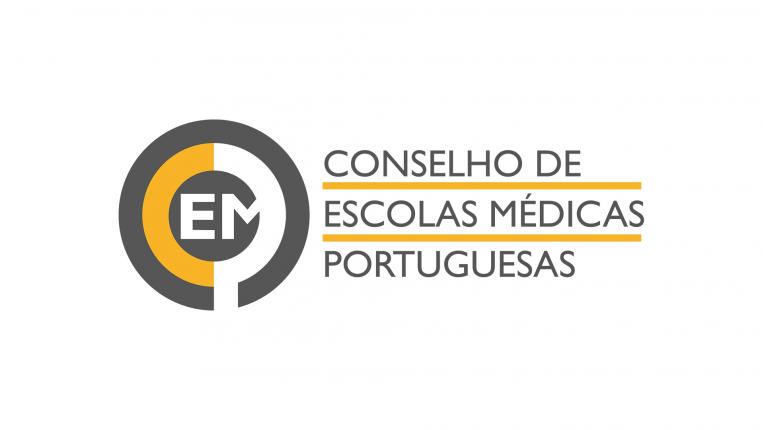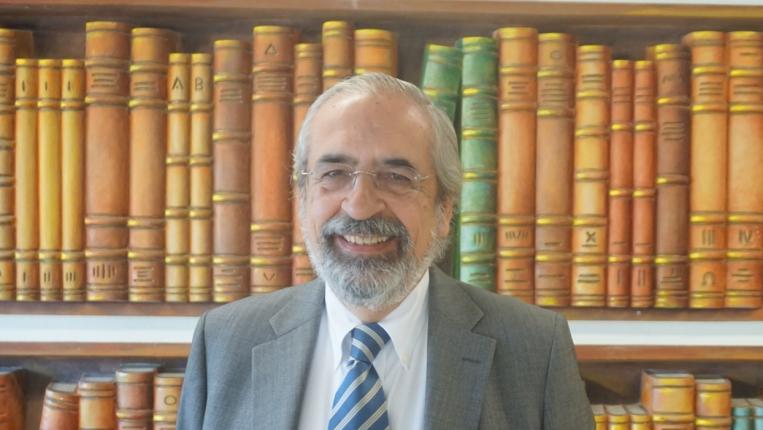The number of researchers from Universidade Católica Portuguesa (UCP) recognised in the global ranking of the most cited scientists has increased by 40% compared to the previous year. Fourteen researchers are now distinguished in the 2025 edition of the World’s Top 2% Scientists — compiled by Stanford University (USA) in collaboration with Elsevier.
“This result is international recognition of the quality and relevance of the research carried out at Universidade Católica Portuguesa. It is a source of pride to see our researchers at the forefront of world science, contributing to innovation and to the advancement of their fields of expertise”, highlighted Isabel Capeloa Gil, President of Universidade Católica Portuguesa.
The Faculty of Biotechnology stands out in particular, representing 57% of the researchers distinguished. They are followed by the fields of Management and Economics with 21% (Católica Lisbon School of Business and Economics and Católica Porto Business School), Health with 14% (Católica Medical School and Faculty of Dental Medicine), and the Faculty of Law with 7%.
In the field of Health, recognition went to Paula Ravasco (Nutrition and Dietetics), from the Católica Medical School, and Júlio C. M. Souza (Biomedical Engineering), from the Faculty of Dental Medicine, both researchers at the Centre for Interdisciplinary Research in Health (CIIS).
In addition to the annual distinction, eight researchers from Universidade Católica Portuguesa were also recognised for the impact of their scientific output throughout their careers: Célia Manaia (CBQF/Faculty of Biotechnology), Paula Teixeira (CBQF/Faculty of Biotechnology), Paula Castro (CBQF/Faculty of Biotechnology), Manuela Pintado (CBQF/Faculty of Biotechnology), Marta Vasconcelos (CBQF/Faculty of Biotechnology), Ana Maria Gomes (CBQF/Faculty of Biotechnology), João Fernandes (CBQF/Faculty of Biotechnology), and Paula Ravasco (CIIS/CMS).
The World’s Top 2% Scientists List includes more than 100,000 scientists worldwide, from 22 scientific fields and 174 subfields. The ranking brings together researchers whose published work has most contributed to scientific progress and generated the greatest impact within the academic community.



